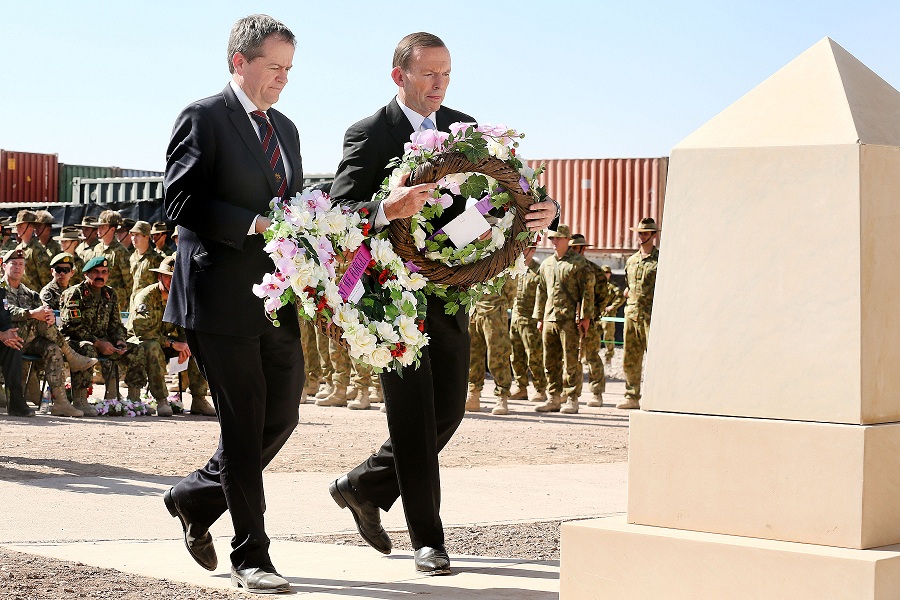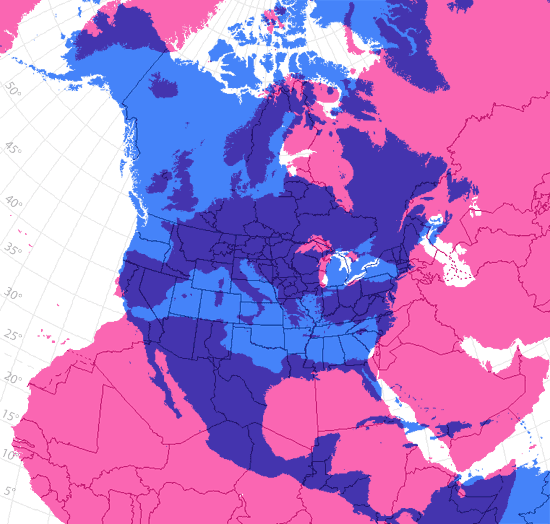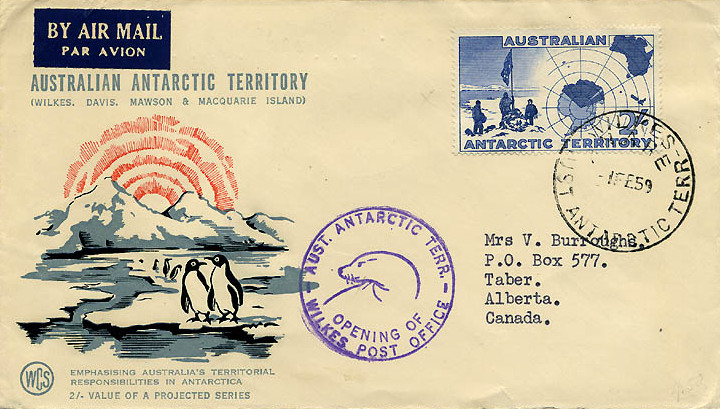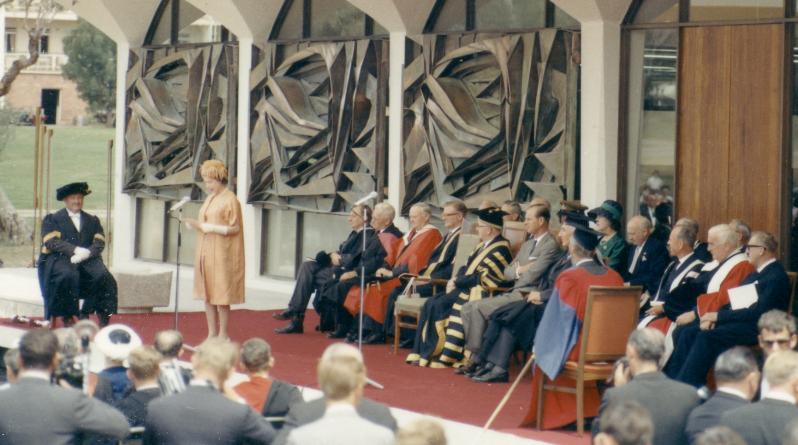New Zealand and the United States: why old news is good news
If you read some of the media coverage of this week’s meeting between US Defense Secretary Chuck Hagel and New Zealand Defence Minister Jonathan Coleman, you might have thought that the two countries have just agreed to deepen their defence relationship. This news is at least a year too late, and that deepening process is by now well under way. Even so, the Hagel–Coleman press conference reflected the level of comfort both sides have about where their military relationship has got to, and what these two leading politicians didn’t mention is as important as what they spoke about.
I use the word ‘relationship’ here very deliberately, because that’s the word both Hagel and Coleman employed in speaking to the Washington media. The two ‘A’ words, Alliance and ANZUS, didn’t make an appearance in the way Hagel and Coleman spoke about the relationship. Nor did ‘A for Australia’. That’s significant: all three countries have valuable bilateral defence relations with each other but there’s little appetite anywhere, it seems, for a real trilateral emphasis. Australia is involved in some big triangles, especially the Trilateral Strategic Dialogue (TSD) with the US and Japan, but the renewed US–New Zealand relationship isn’t being sold that way. Read more







